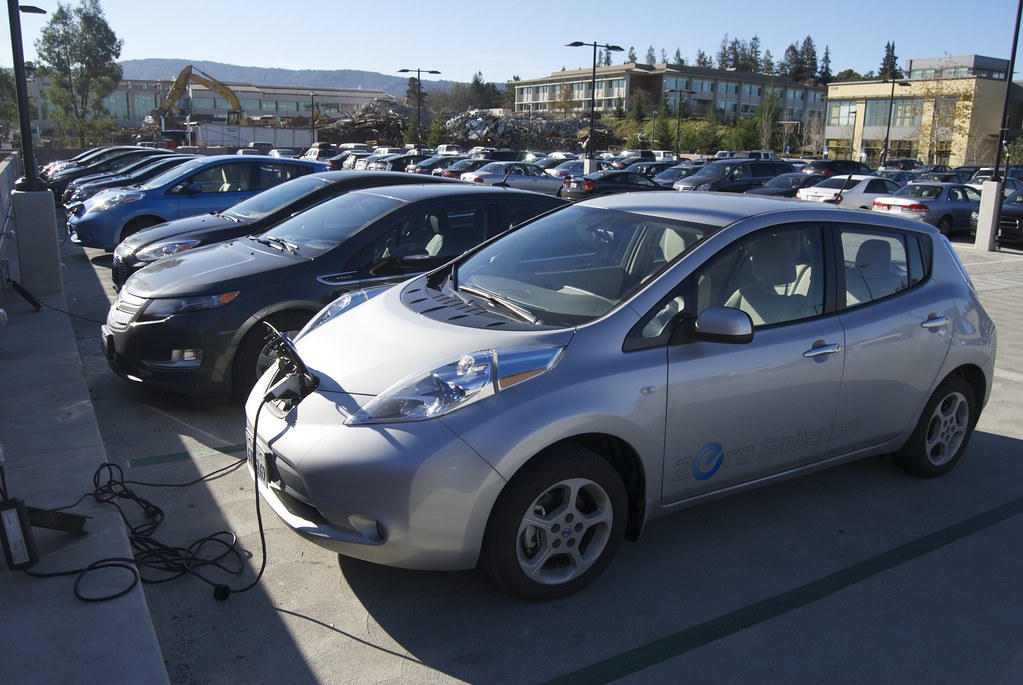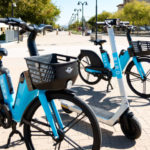In a world rapidly shifting towards cleaner mobility, the decision between electric vehicles (EVs) and hybrids has never been more relevant. While both options promise a greener future, they differ greatly in technology, environmental impact, and practicality. So, which one truly leads the race in 2025?
Understanding the Basics
Electric Vehicles (EVs) run solely on electric power. They have no combustion engine and emit zero tailpipe emissions. Their energy comes from batteries that need to be charged using external power sources, ideally renewable energy.
Hybrids, on the other hand, combine a gasoline engine with an electric motor. They don’t need to be plugged in and recharge their small battery through regenerative braking and the engine itself. There are also plug-in hybrids (PHEVs) that can be charged and offer limited electric-only range before switching to gas.
Emissions: The Real Green Metric
When it comes to tailpipe emissions, EVs clearly win. They emit none. Hybrids, while more efficient than traditional gas vehicles, still burn fossil fuels.
However, a full environmental assessment requires looking beyond the tailpipe—including battery production and electricity sources. In regions where electricity comes from coal or gas, EVs still generate indirect emissions. But in areas relying on solar, wind, or hydro, EVs become exponentially cleaner over time.
Hybrids rely on gasoline, and even though they emit less CO₂ than standard vehicles, their long-term environmental impact is higher compared to EVs charged with clean energy.
Battery Footprint: A Double-Edged Sword
EV batteries are large and resource-intensive to produce. Mining for lithium, cobalt, and nickel raises ethical and environmental concerns. However, EVs recover their “carbon debt” over time—especially as battery technology improves and recycling systems scale up.Hybrids use smaller batteries and fewer raw materials, which means a lower upfront footprint. But since they continue burning fuel, their lifetime emissions can surpass EVs, particularly when driven over long distances or in urban stop-and-go traffic.
Infrastructure & Range Anxiety
EVs rely on charging infrastructure that is still expanding. In urban areas, charging is becoming more accessible, but rural regions often lag behind. Fast-charging networks are growing, yet charging an EV still takes longer than filling a gas tank.
Hybrids shine in convenience. No charging needed. You can refuel at any gas station, making them a practical choice for those without access to home charging or those frequently traveling long distances.
Cost of Ownership
In 2025, EVs have become increasingly affordable thanks to tax incentives, declining battery costs, and wider model availability. Their lower maintenance costs and ability to “fuel” with cheaper electricity save money in the long run.
Hybrids tend to have lower upfront costs than EVs but higher maintenance over time due to the complexity of dual powertrains.
So, What’s the Verdict?
- For long-term environmental benefits and lower emissions, EVs are the clear winner—especially in regions with clean energy grids.
- For flexibility, lower upfront investment, and regions lacking charging infrastructure, hybrids remain a strong transitional solution.
The Bottom Line
In 2025, the greenest choice depends on your lifestyle, driving habits, and local infrastructure. If your region supports clean electricity and you have access to charging, an EV offers the best sustainability return. But if you’re not quite ready for the leap, a hybrid still significantly cuts your carbon footprint compared to traditional vehicles.
The future is electric—but the transition, for now, remains hybrid.













Leave a comment